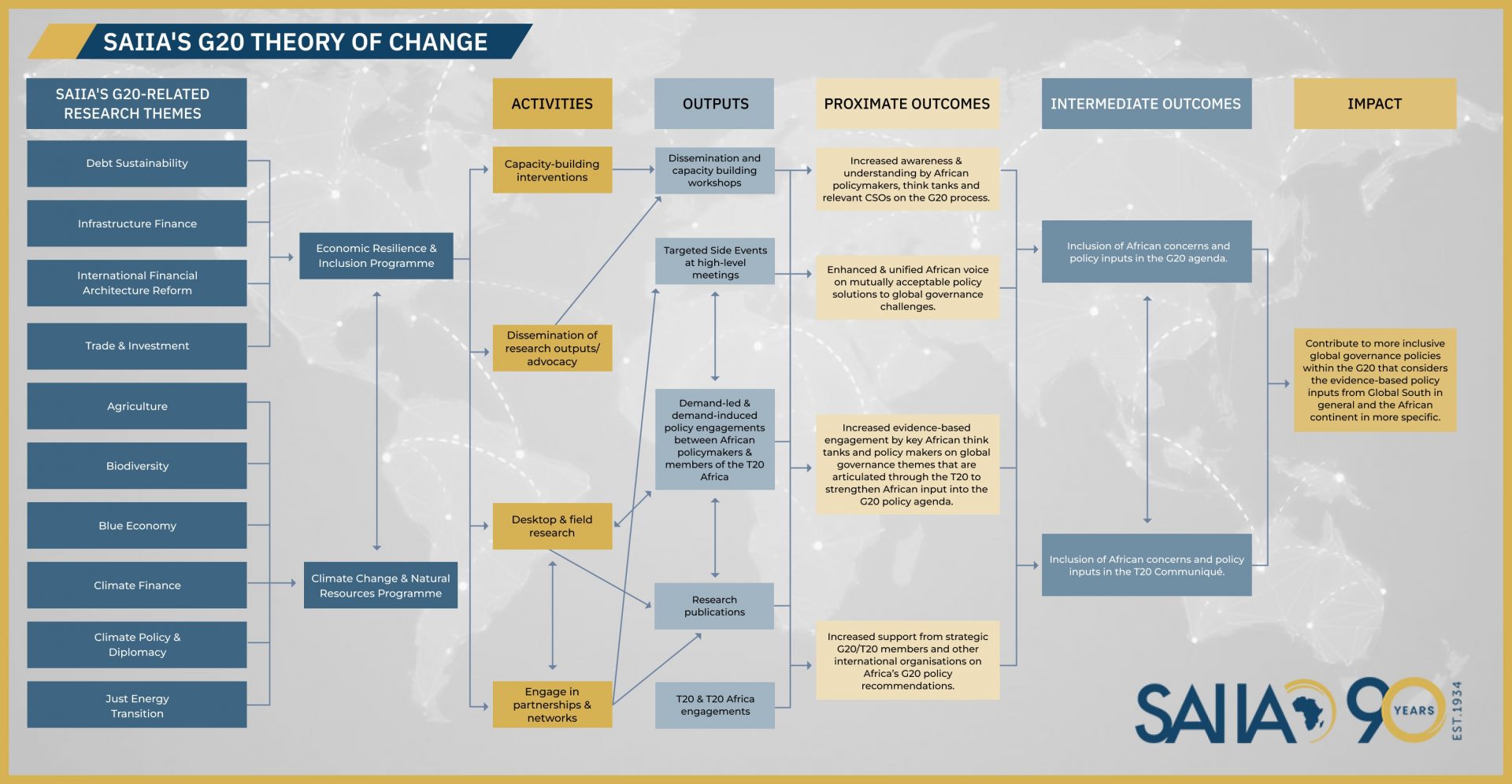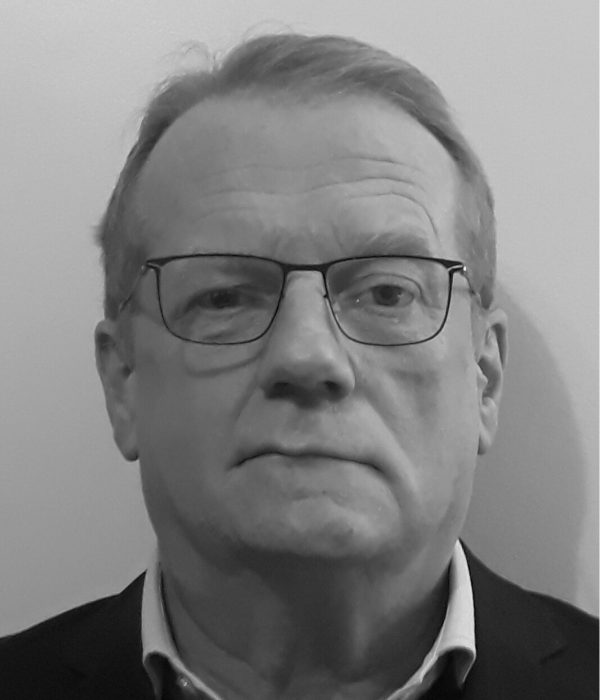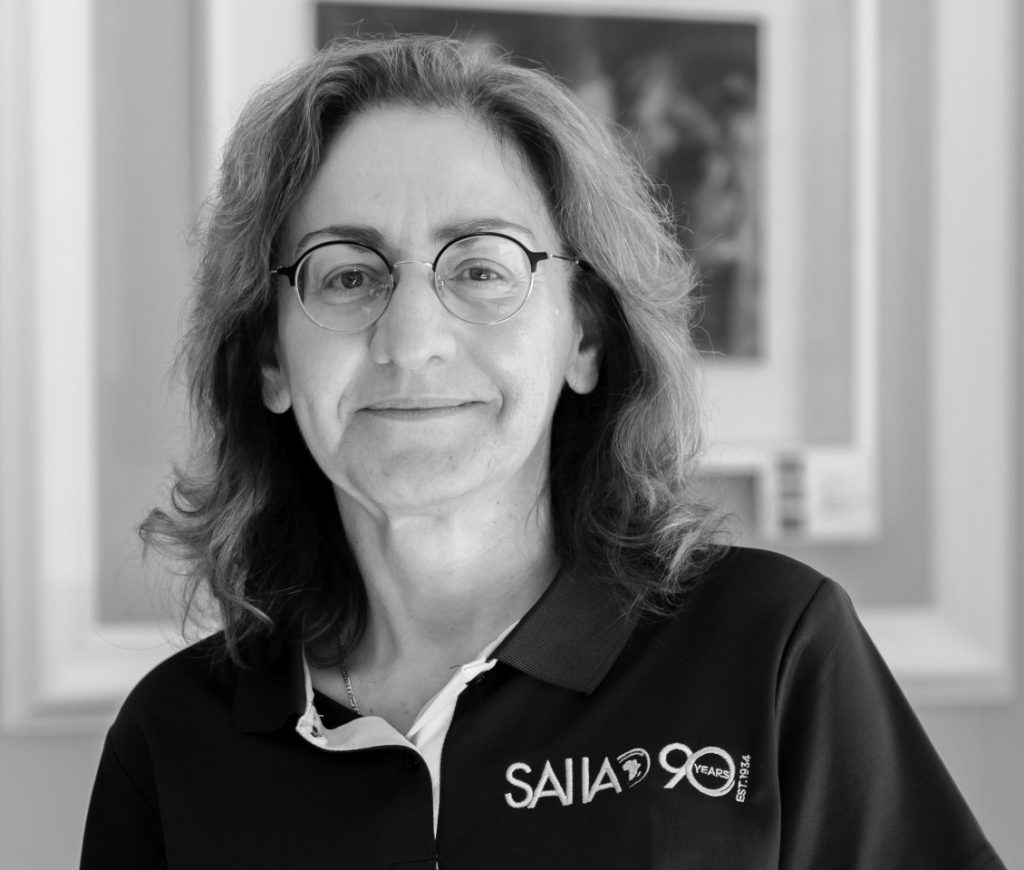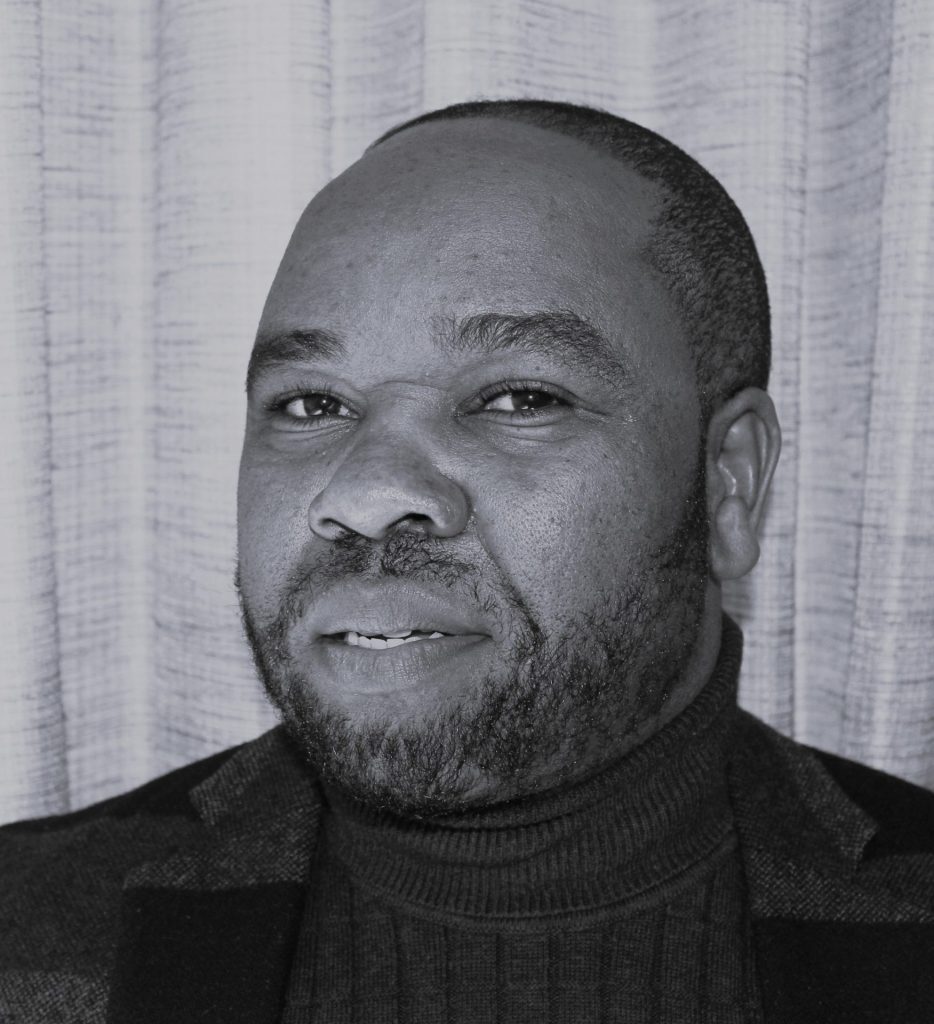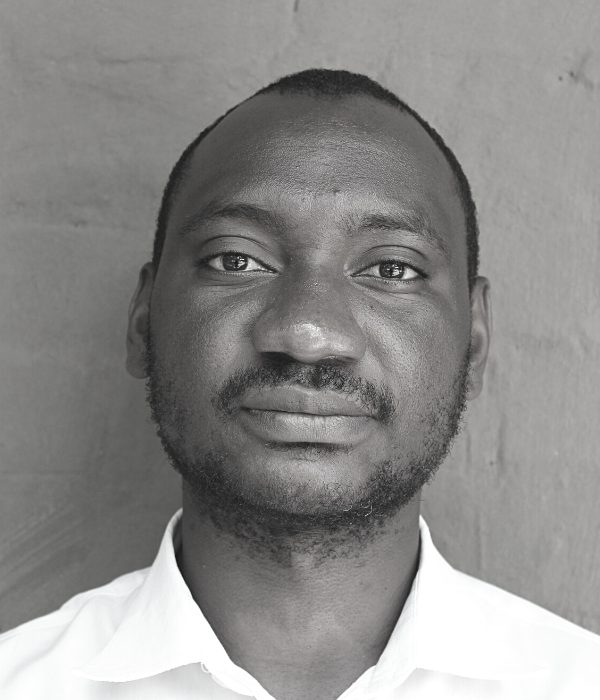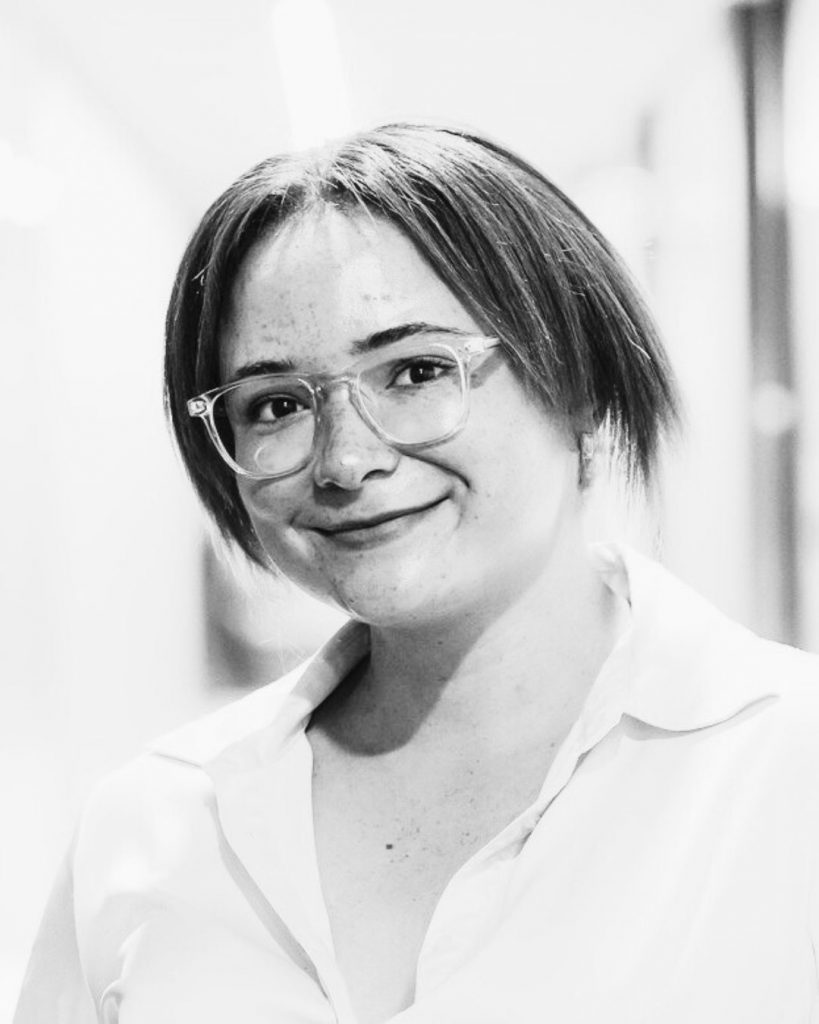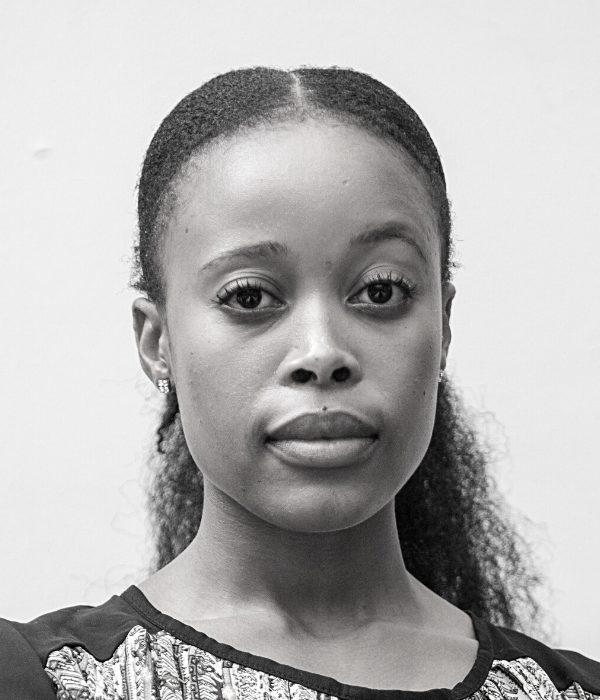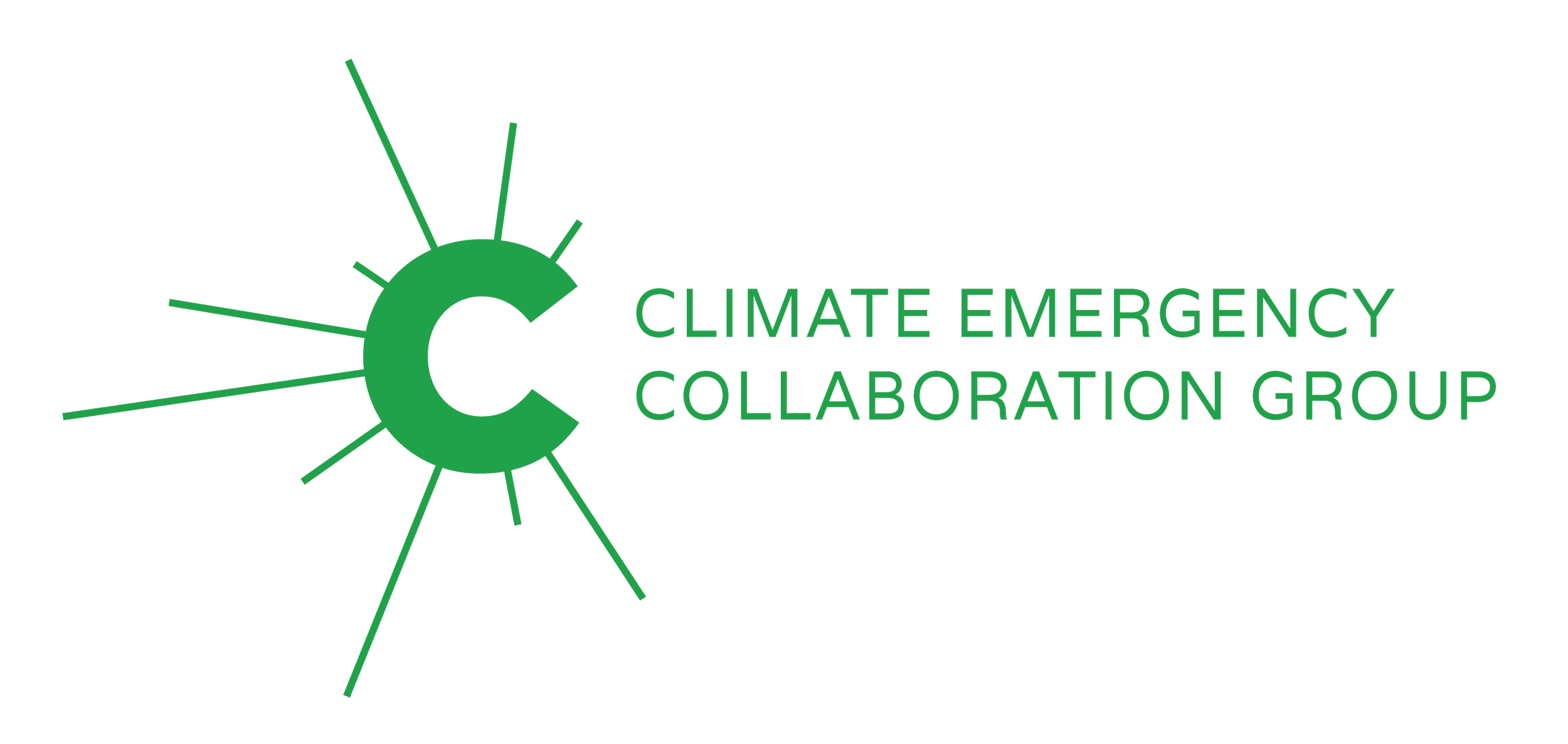
SAIIA’s work on G20
The South African Institute of International Affairs (SAIIA) has been a key player in the global economic governance debates within the G20 and its associated engagement groups, particularly the Think 20 (T20), for over a decade.
- Generating knowledge to inform formal G20 processes: Conducting in-depth research on key G20 issues, including trade, infrastructure finance and climate change.
- Building global and regional networks: Creating platforms for African and G20 think tanks to collaborate and share policy recommendations.
- Empowering African stakeholders: Training journalists and supporting government officials to effectively engage with the G20 process.
Highlights of SAIIA’s Impact
- Influencing policy: SAIIA’s research has informed South African government positions on critical issues like illicit financial flows, contributing to tangible outcomes at G20 summits.
- Leading global discussions: SAIIA has co-chaired various T20 task forces on crucial topics like the SDGs and development, providing thought leadership and shaping the G20 agenda.
- Fostering collaboration: Through initiatives like T20 Africa, SAIIA has created spaces for African voices to be heard in global economic governance discussions.
SAIIA, the G20 and T20: A Timeline
Global Economic Governance (GEG) and Africa Programme
SAIIA launches the first phase of the Global Economic Governance (GEG) and Africa Programme to build an African knowledge community on G20 issues. This joint initiative is led by SAIIA in collaboration with the International Development Law Unit at the University of Pretoria, with the first phase running until 2015.
T20 Group
Second phase of the GEG Africa Programme
SAIIA, together with DNA Economics and Tutwa Consulting, launches the second phase of GEG Africa, focusing on infrastructure finance, trade and tax transparency. The programme runs until 2019.
GEG Africa’s research informs the South African government’s presentations on illicit financial flows at the the G20 Development Working Group meeting and the G20 Leaders’ Summit in 2016.
G20 Leaders’ Summit
Our research on illicit financial flows contributes to an action plan developed by the World Customs Organisation, and is acknowledged at the 2017 G20 Leaders’ Summit.
T20 Africa
T20 Africa Task Force
T20 Task Forces on SDGs and Development
T20 India
T20 Brazil
Concurrently, Alex Benkenstein, head of SAIIA’s Climate and Natural Resources Programme, serves as a co-chair on the subtheme “Operationalising climate justice through financing and technology transfer” in the Think20 Brazil task force on sustainable climate action and just energy transitions.
South Africa’s T20 Organising Committee
G20 Theory of Change
Our G20 work is guided by a Theory of Change (ToC) that is based on John Kingdon’s agenda-setting theory, which highlights the intersection of problems, policies and politics within the policy system. The primary goal of our G20 work is to promote more inclusive global governance policies, ensuring that evidence-based inputs from the Global South, particularly Africa, are considered in G20 decision-making. SAIIA engages with G20 leaders both directly and through the T20 process. This engagement includes developing policy briefs, participating in T20 activities and collaborating with the T20 Africa group. In addition to producing research, SAIIA uses its convening power to host side events at international and regional forums, where African policy positions on G20 issues are advocated. We also conduct dialogue sessions to enhance the capacity of African policymakers, fostering their active involvement in the G20 process.
Our work is underpinned by key assumptions: G20 leaders’ receptiveness to think tanks, the existence of African think tanks who conduct policy-relevant research, and sustainable funding to support our research agenda and respond to evolving policy needs.
